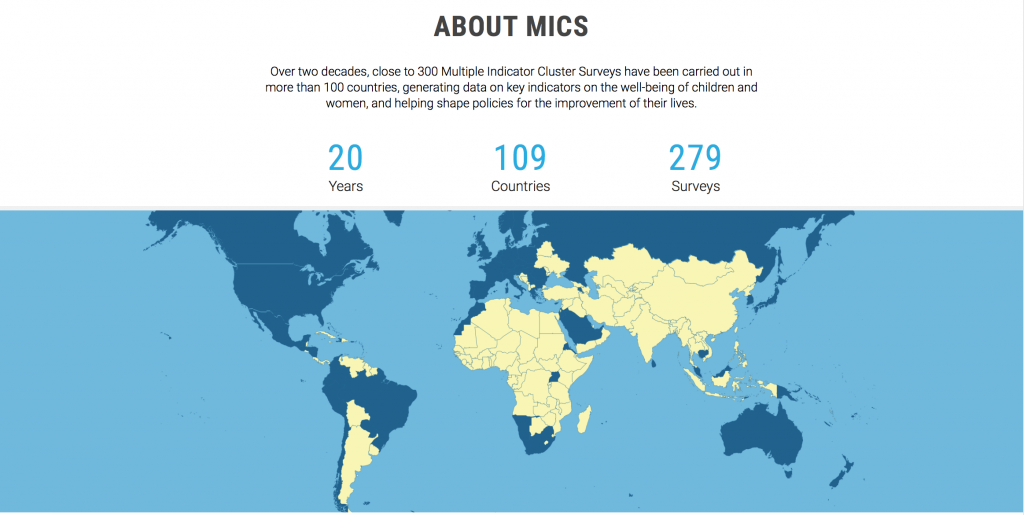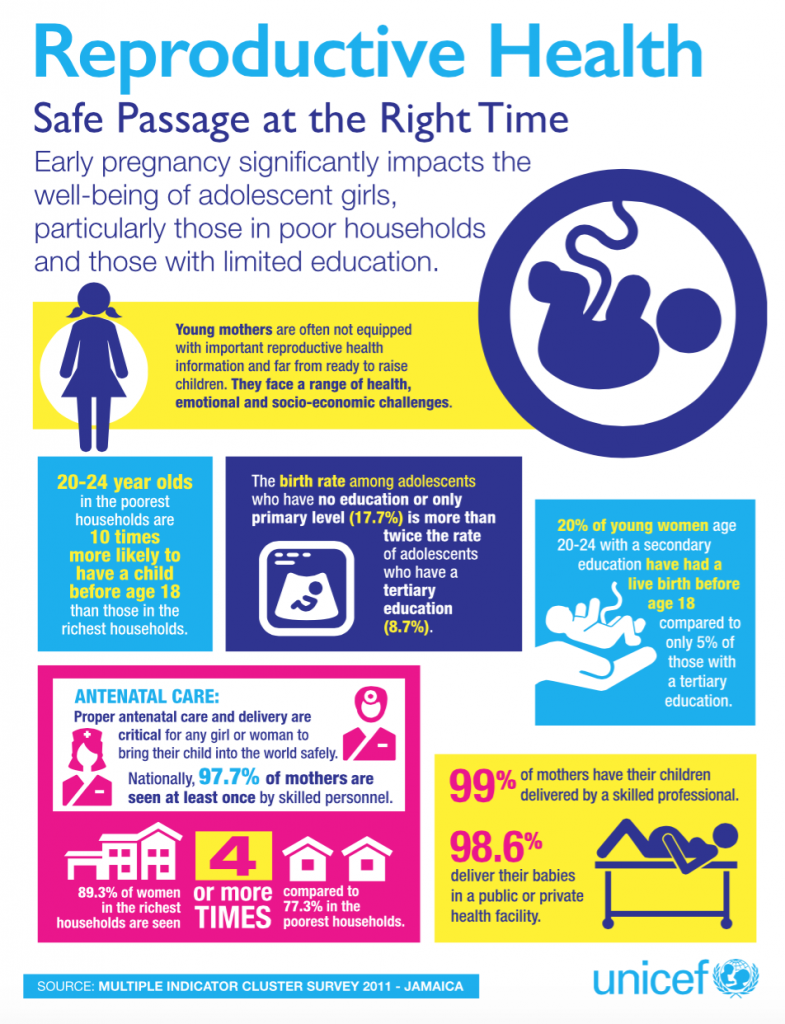This post at StatsBlogs (re-printed from Big Data Plainly Spoken) had a few eye-catching points. The blogger (Kaiser Fung of Junk Charts) attended an event put on by UNICEF’s Data and Analytics Section.
One Eye-Catching Point:
We don’t need Big Data. We need Basic Data.
Here is an example of Basic Data, presented in the simplest possible way:
You have all the granular data and yet the majority of people continue to harbor myths about world social statistics. The above chart, for example, makes the point that in the last thirty years, Asia (which holds more than half of the world’s population) has dramatically reduced fertility rates to reach the same level of the Americas. And yet, when Rosling quizzes his audience about world population growth, 80 to 90 percent still hold the impression that global population will continue to grow at a either linear or sub-linear rate.
Another Eye-Catching Point:
Big Data is a big bag of numerators without denominators.
This gets at the heart of the first C in OCCAM datasets: we are in desperate need of controls.
***
Meanwhile, Gelman found an elegant way to describe the mentality of statisticians:
I’m delighted to learn about an intersection between data science and human rights for women and children at UNICEF. Their Multiple Indicator Cluster Surveys (“trained fieldwork teams conduct face-to-face interviews with household members on a variety of topics – focusing mainly on those issues that directly affect the lives of children and women”) sound like an excellent resource they’ve made freely available online.
Infographic produced from a MICS survey on Jamaica:


